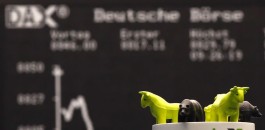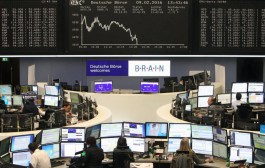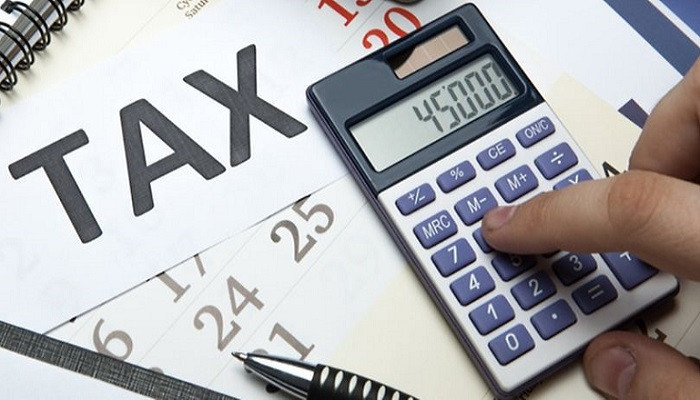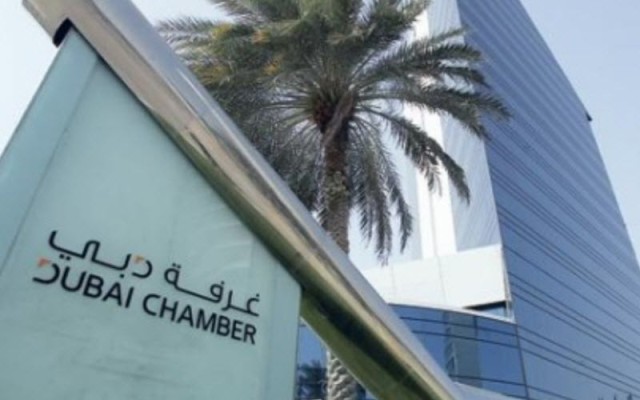The United Arab Emirates announced the implementation of some provisions of the Selective Tax Law, with the entry into force of these new amendments, as of last Friday, corresponding to October 14, 2022, according to (WAM).
Whoever imports excise goods into the Emirates, or produces them for the purpose of putting them for consumption in the country, or storing them in the country according to certain cases, and to any warehouse keeper, is subject to registration in the Excise Tax system.
The new amendments, according to the UAE Ministry of Finance, aim to support the business sector, facilitate the fulfillment of tax obligations for taxable persons, seek to reduce levels of tax evasion, and address some challenges related to the application of selective tax.
The amendments to the selective tax law in the UAE included excluding persons who import for non-business purposes from tax registration, while maintaining the imposition of tax on that import, and a requirement to submit an application for exemption from tax registration before practicing the activity and not when the tax is due.
Also, statutes of limitation have been added, setting a maximum time frame within which the Federal Tax Authority in the Emirates - which is in charge of implementing the selective tax - can act, and once this period expires, the authority is prevented from taking any actions.
The amendments in this regard stipulate that in general, the Federal Tax Authority in the Emirates may not conduct a tax audit or issue a tax assessment after 5 years from the end of the relevant tax period.
The selective tax is an indirect tax imposed on certain goods that are harmful to human health or the environment. These goods are referred to as selective goods, such as soft drinks, energy drinks, tobacco and its products, and aims to reduce the consumption of these goods, according to the official portal of the UAE government.








































